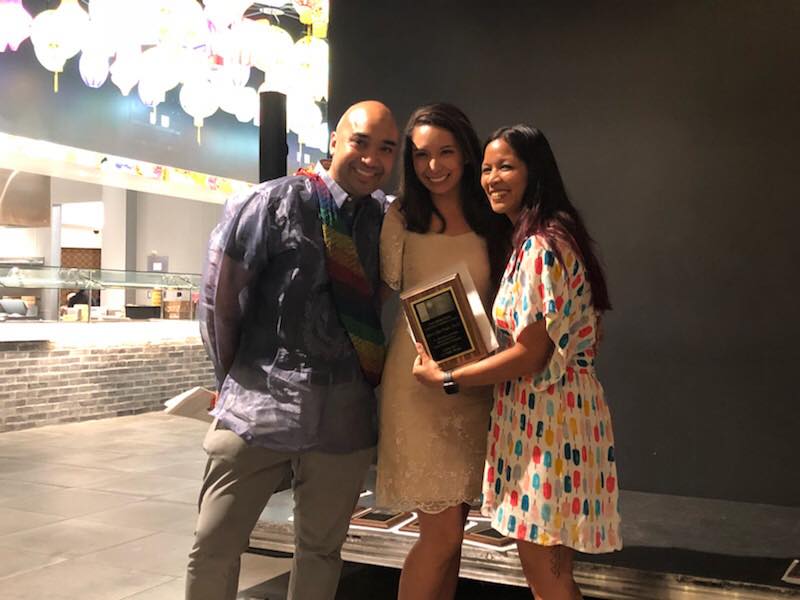Leveraging Duality: Using Humor with Borderline Clients
Leveraging Duality: Using Humor with Borderline Clients
See Dr. Shapiro's professional biography here.
Wright Institute Clinical Psychology faculty member Dr. Lauren Shapiro is conducting research on the use of humor as an intervention with clients diagnosed with Borderline Personality Disorder (BPD).
“From what I’ve learned about borderline clients, something they struggle with is integrating multiple seemingly contradictory thoughts or feelings,” Shapiro explained. “For example, they often engage in splitting—they’ll undervalue someone, and then switch to overvaluing them.”
Since the essence of humor is the presence of two contradictory meanings simultaneously, Shapiro wondered if humor could be an effective tool with borderline clients. Anecdotally, she had heard from therapists about using humor in sessions, but she couldn’t find very much if anything written about it in the literature.


